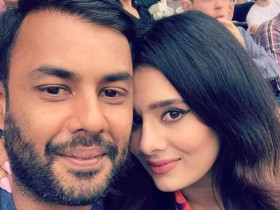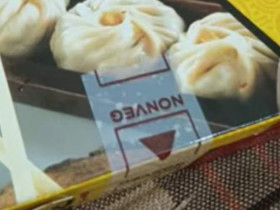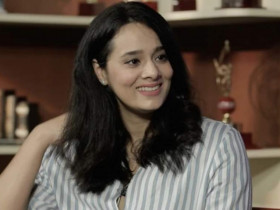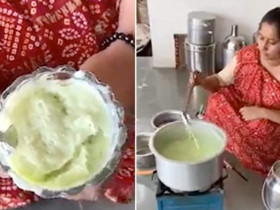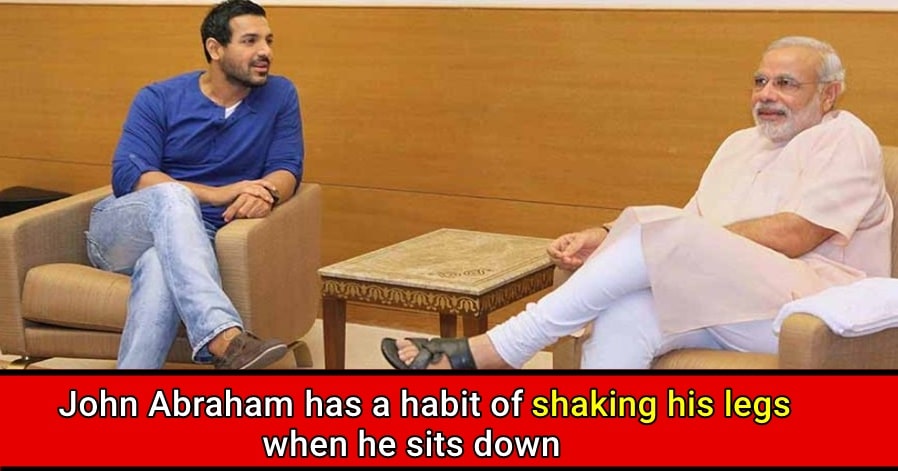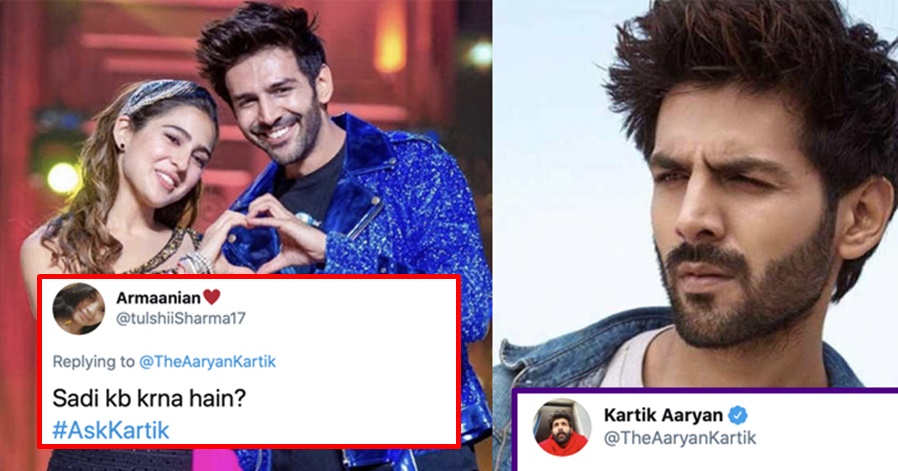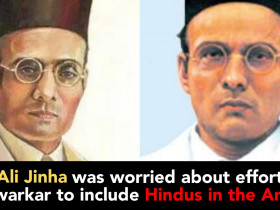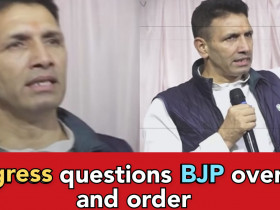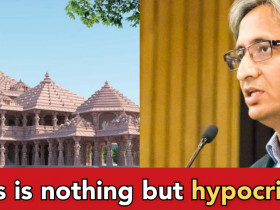(Story source- The Indian Express)
Rinku Hooda remembers the Sport Arena in Nottwil, Switzerland as the first international stadium he ever saw. Competing in his first overseas meet in 2015, Hooda, then 16, won a silver medal in the F46 javelin throw event and subsequently became the youngest Indian para-athlete to compete at the Rio Paralympics. On Sunday, the Haryana boy returned to the venue and won the silver medal at the World U-20 Para Athletics Championships. “When I competed here for the first time, the entries were sent on the last day and I had only one week to prepare for the event.
But the cheering crowd motivated me. That performance helped me to compete in Rio. And after finishing fourth at the World Para Games last month, I wanted to win a medal here. Do baar top five main aane ke baad yeh medal bohot hausla dega,” Hooda, whose throw of 54.92m finished behind Mexican Eleizer Gabriel’s 55.65m, told The Indian Express from Switzerland.

At the age of three, Rinku’s left arm was trapped in a paddy-sowing machine. For a long time, the youngest of the five siblings looked consigned to helping father Rohtash on the 12-acre farm in the village Dhamar near Rohtak. However, he took up running in school before winning gold medals in regular 200m and 400m events at district and state levels. “He was very young at the time of the incident and does not remember it. He would notice the disability by the age of 7-8, but by then he was already taking part in village games.
It was after he watched Chak De India in a cinema in Rohtak that he decided to become a sportsperson,” shares elder brother Anuj. “Apne dardnak hadse ke bare main na janana hi Rinku ki sabse badi taqat ban gayi (Not knowing about the painful accident became Rinku’s biggest strength.)”
A visit to the Rajiv Gandhi Stadium in Rohtak introduced Hooda to javelin throw and he won his first national medal — a silver at the Senior Para Nationals — in 2013. Hooda followed it with back-to-back medals, touching the 50m mark for the first time in 2015. Buoyed by the feat, he sent a last-minute entry for the Switzerland Grand Prix in April last year — the last qualifier for Rio Paralympics. He booked his berth with a a 45.45m throw and finished a credible fifth with a 54.39m in Rio. “The week before Switzerland was spent applying for visa, but he would squeeze in exercise sessions whether at the hotel or at the embassy. And when he qualified for Rio, he would often listen to Haryanvi songs while training. In the whole contingent, he was the most jovial one,” says Amit Saroha, who won a silver at last month’s World Para Games and has been coaching Hooda for last three years.
Hooda narrowly missed out on a medal last month in London despite recording a personal best of 55.12m. With fellow Indians Devendra Jhajharia and Sundar Singh Gurjar constantly touching the 60m mark, Hooda knows he needs to break the barrier and recounts a conversation with junior world champion javelin thrower Neeraj Chopra. “Neeraj bhai also won his first medal at Panchkula and my first medal also came at Panchkula. When I met him in May, I told him about a few problems in my run-up. He told me that he will spend some time with me after the word championships. When he comes back, I will show him the medal too,” says Hooda. His family is eager to welcome back the village’s first international medallist. “When he missed the medal in Rio, he brought chocolates for siblings and cousins. This time, he will bring a medal which will inspire the village and the district,” says father Rohtash.

